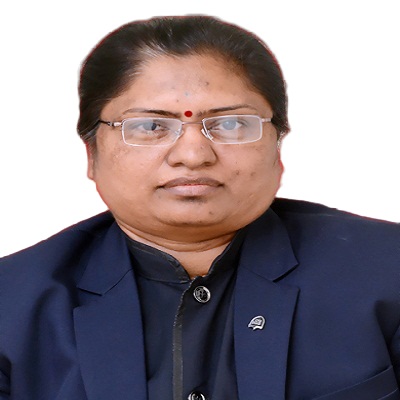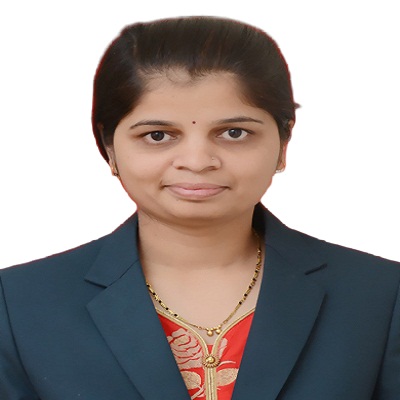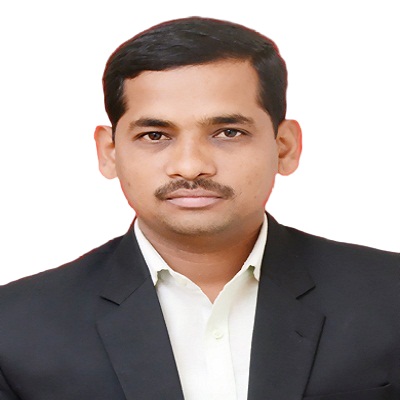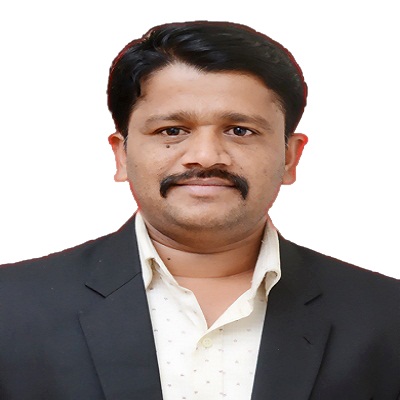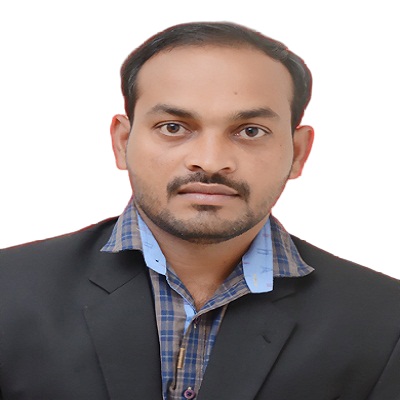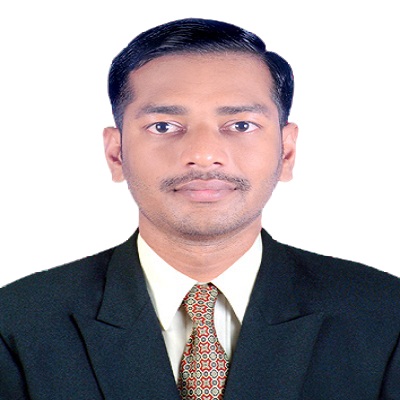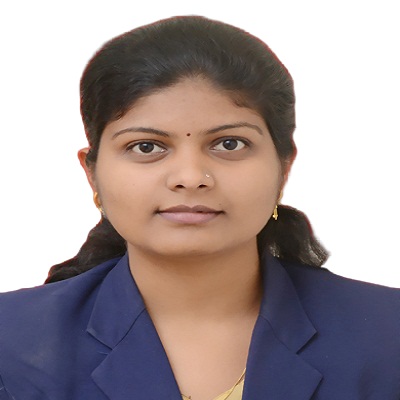Department of First Year Engineering
Introduction
Applied Sciences is a link between pure sciences (Mathematics, Physics, Chemistry etc.) and engineering practices. It aims to cater the needs of engineering students during their initial semesters by providing a foundation through different theoretical and practical courses as per the curriculum. The basic concepts related to physical, chemical and mathematical sciences are inculcated in their minds at this level which is essential to understand and perceive the basic principles of engineering practices We teach subjects as per the curriculum of Savitibai Phule Pune University, for the subjects Engineering Mathematics-I & II Engineering Chemistry, Engineering Physics to the students of first year engineering during their first and second semesters and these courses are common to all disciplines. Engineering Mathematics III is offered to the second year engineering students as per needs of their respective discipline The department has well equipped laboratories enabling our faculty to deliver contents so that students can employ fundamental principles through various experiments to understand basic concepts in engineering practices
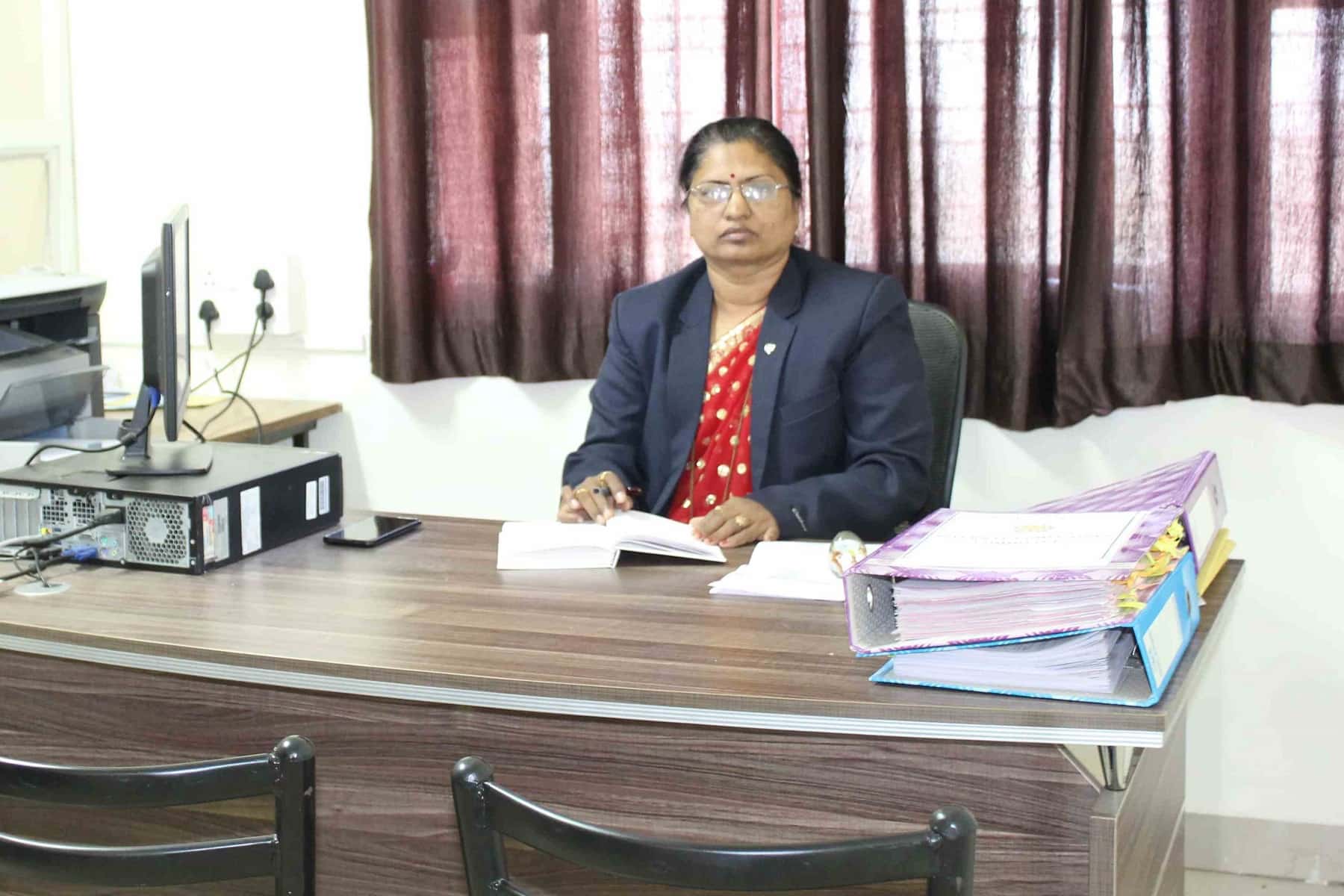
Prof. J. B. Chemate
Head of Department
Department of First Year Engineering
Department of First Year Engineering is committed to provide excellence in Engineering. We are also committed to nurture the students to get acquainted with the latest skills and practices keeping the pace with the industry. Department continuously organizes various seminars, workshops to develop and improve technical and intellectual skills. Experienced and devoted Faculties, Well equipped Laboratories, Research Culture and Disciplined Environment are major strengths of Department. Our alumni are working at well known industries. We also depute our faculties at renowned Institutions for various training programs. Students and faculties are active members of Technical Bodies such as CSI, IEEE and ISTE. Students Associations provides platform to enhance their skills and personality.
Vision
-
It is aimed to provide the finest environment for teaching, learning, research, innovation and character building.
Mission
-
To impart and inculcate both theoretical as well as practical knowledge in students.
-
To develop competent professionals who are proficient in analysis,design and implementation of broadly-defined engineering problems.
-
To create confident youth with a sense of duty,discipline and responsibility.
-
To create confident youth with a sense of duty,discipline and responsibility.
Program Outcomes
- Engineering knowledge:Apply the knowledge of mathematics, science, engineering fundamentals, and an engineering specialization to the solution of complex engineering problems.
- Problem analysis:Identify, formulate, research literature, and analyze complex engineering problems reaching substantiated conclusions using first principles of mathematics, natural sciences, and engineering sciences.
- Design/development of solutions: Design solutions for complex engineering problems and design system components or processes that meet the specified needs with appropriate consideration for the public health and safety, and the cultural, societal, and environmental considerations.
- Conduct investigations of complex problems:Use research-based knowledge and research methods including design of experiments, analysis and interpretation of data, and synthesis of the information to provide valid conclusions.
- Modern tool usage: Create, select, and apply appropriate techniques, resources, and modern engineering and IT tools including prediction and modeling to complex engineering activities with an understanding of the limitations.
- The engineer and society: Apply reasoning informed by the contextual knowledge to assess societal, health, safety, legal and cultural issues and the consequent responsibilities relevant to the professional engineering practice.
- Environment and sustainability: Understand the impact of the professional engineering solutions in societal and environmental contexts and demonstrate the knowledge of, and need for sustainable development.
- Ethics: Apply ethical principles and commit to professional ethics and responsibilities and norms of the engineering practice.
- Individual and team work: Function effectively as an individual, and as a member or leader in diverse teams, and in multidisciplinary settings.
- Communication:Communicate effectively on complex engineering activities with the engineering community and with society at large, such as, being able to comprehend and write effective reports and design documentation, make effective presentations, and give and receive clear instructions.
- Project management and finance: Demonstrate knowledge and understanding of the engineering and management principles and apply these to one’s own work, as a member and leader in a team, to manage projects and in multidisciplinary environments.
- Life-long learning:Recognize the need for, and have the preparation and ability to engage in independent and life-long learning in the broadest context of technological change
Program Specific Outcomes
PS01: Demonstrate understanding of principles and working of the hardware and software aspects of engineering system..PS02: Use professional engineering practices, strategies and tactics for the development, operation and maintenance.
PS03: Provide effective and efficient real time solution using acquired knowledge in various domains.
Program Educational Outcomes
- To provide the student sound knowledge of fundamentals of mathematics, science and engineering to formulate, analyze and solve engineering problems.
- To deliver comprehensive education in the fields of electronics, telecommunication, VLSI and embedded system and signal processing for creating novel products and solutions to real life problems.
- To explore the application of knowledge and skills in electronics and telecommunication engineering for the benefits of society and environment concern.
- To exhibit professionalism, ethical attitude, communication skills, team work and adapt to current trends by engaging in lifelong learning.

